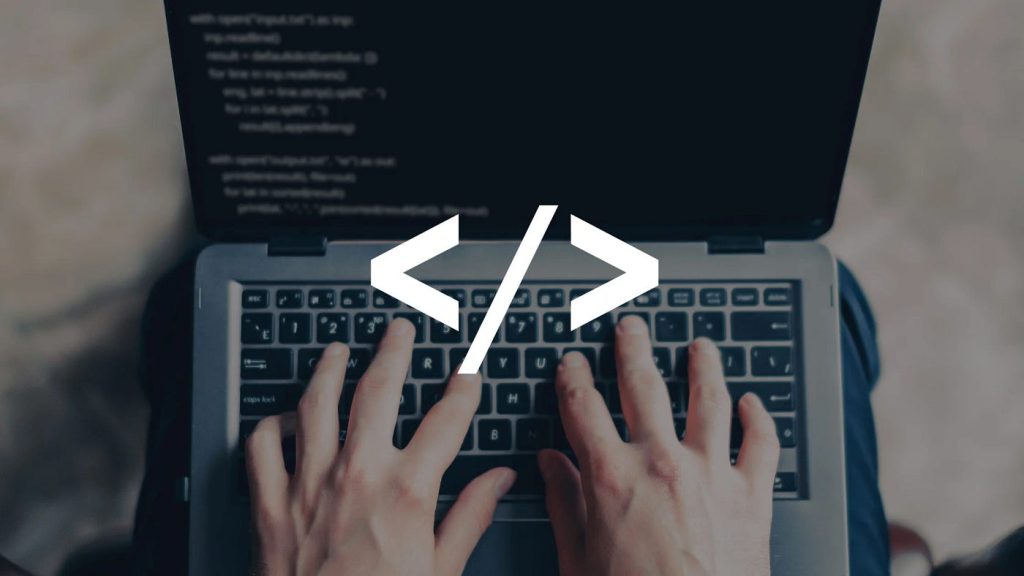I remember the day I first delved into the world of programming like it was yesterday. Sitting in front of my computer, I clicked open an empty text editor and stared blankly at the screen. Lines of code, symbols, and strange keywords filled my screen, leaving me feeling overwhelmed and clueless. Little did I know that this was the beginning of an incredible journey of discovery and growth, as I embarked on the exciting endeavor of learning how to code.
Programming, at its core, is the art of creating instructions that computers can understand and execute. In a world driven by technology, where nearly every aspect of our lives is intertwined with computer systems, having programming skills can be a game-changer. Whether you aspire to pursue a career in software development, want to build your own website, or simply want to gain a deeper understanding of the digital world that surrounds us, learning to code opens up a whole new realm of possibilities.
The beauty of programming lies in its versatility. You can choose from a myriad of programming languages, each with its own unique set of syntax and features. From the simplicity of Python to the flexibility of JavaScript, there’s a language out there that suits your needs and preferences. When I first started, I opted for Python due to its beginner-friendly nature. Its clean syntax and vast community support made it easier for me to grasp the basic concepts of programming.
One of the biggest misconceptions about programming is that it’s reserved for geniuses or individuals with exceptional mathematical skills. The truth is, anyone can learn to code. All it takes is curiosity, persistence, and a willingness to embrace the inevitable challenges that come along the way. Sure, there may be moments of frustration and a fair share of head-scratching when encountering perplexing error messages, but the satisfaction and sense of accomplishment that comes from solving a coding problem are unmatched.
With an abundance of resources available online, the barriers to entry into the world of programming have significantly diminished. Countless tutorials, interactive coding platforms, and online communities serve as valuable guides, holding your hand as you navigate through the intricacies of coding. Websites like Codecademy, FreeCodeCamp, and Udemy offer comprehensive courses for beginners, covering everything from the basics of syntax to more advanced topics such as algorithms and data structures.
One of the most effective ways to cement your coding knowledge is through hands-on projects. Building practical applications, websites, or even small games not only enhances your problem-solving skills but also gives you a tangible product to be proud of. Personally, one of my most memorable coding experiences was creating my own portfolio website. The thrill of seeing my design come to life through code was truly exhilarating, and it gave me the confidence to keep pushing myself further.
As you progress in your coding journey, you’ll realize that programming is not just about learning a language; it’s about developing a mindset. The ability to break down complex problems into manageable chunks, think logically, and approach challenges methodically are skills that extend beyond coding. As Steve Jobs once said, “Everyone should learn to code because it teaches you how to think.”
Moreover, coding is a continuously evolving field, where lifelong learning is the norm. New frameworks, libraries, and languages emerge regularly, making it crucial to stay up-to-date with the latest trends. This may seem daunting, but it also presents an opportunity for growth and adaptation. Embracing this ever-evolving nature of programming ensures that you remain relevant and capable of tackling the demands of the tech industry.
Learning to code has had a profound impact on my life. It has empowered me to turn ideas into reality, fostered creativity, and introduced me to a vibrant community of like-minded individuals. The friendships I’ve made through coding meetups and online forums have been invaluable, providing a network of support and collaboration.
Whether you’re a student exploring career options, a professional aiming to expand your skill set, or simply an individual curious about the inner workings of the digital world, learning to code is an investment in yourself. It’s an opportunity to not only unlock a vast array of job prospects in the tech industry but also to enhance your problem-solving skills, boost your confidence, and ignite your imagination.
So, take that first step. Open up a text editor, choose a programming language, and start exploring this captivating world. Trust me, it’s an adventure worth embarking on. Happy coding!

